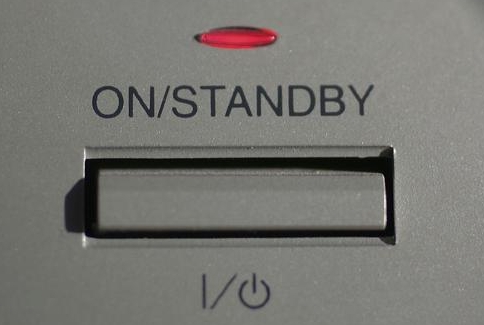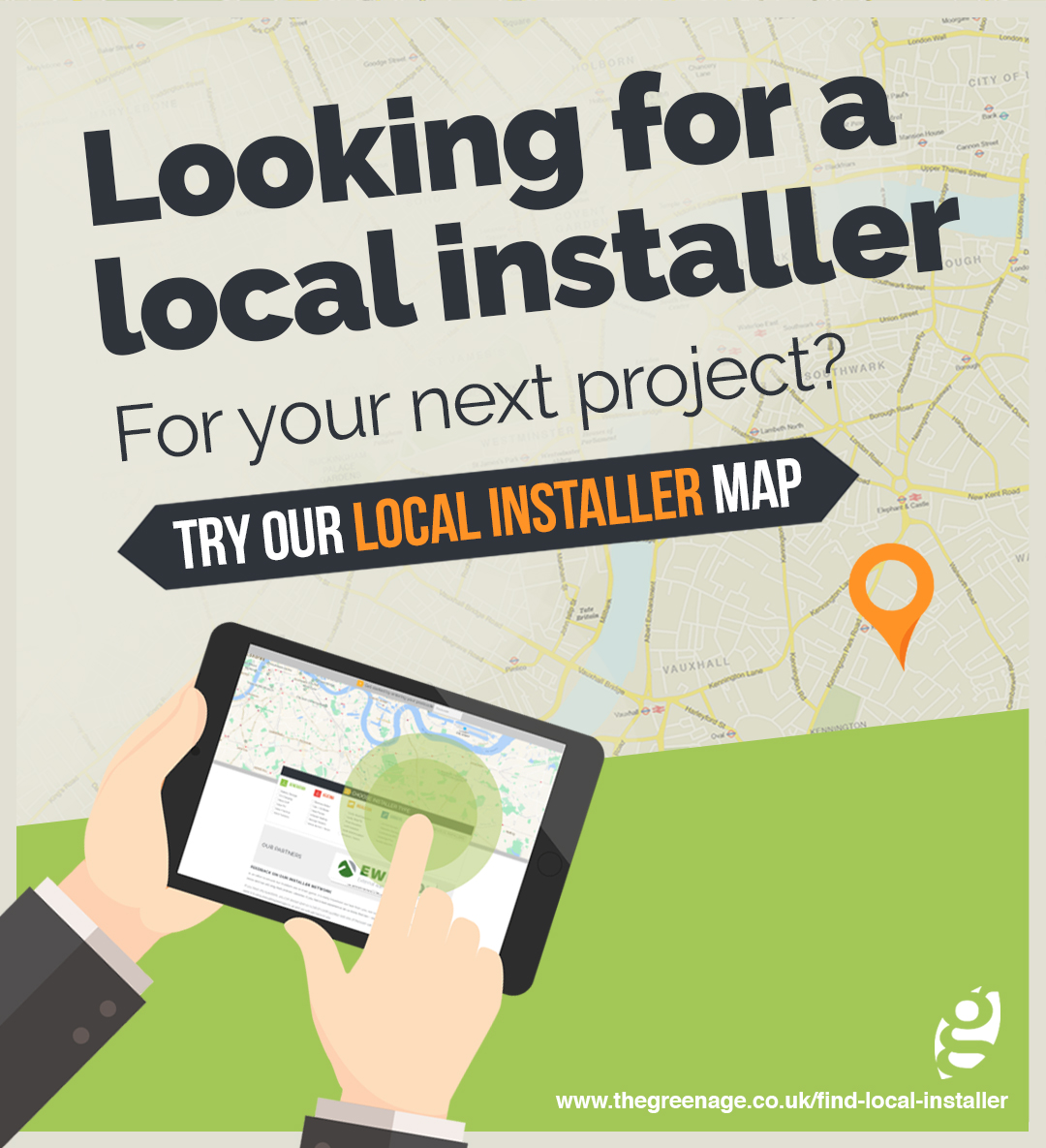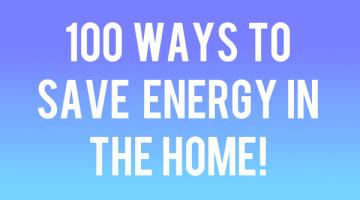
There are still plenty of myths out there stopping people from being more energy efficient. So we have pooled together some of the biggest in a number of categories, from appliances, to energy bills, to insulation, to help you sort the fact from the fiction.
1. Turning off and on again uses more energy than leaving on.
Many years ago, some manufacturers used to suggest leaving some appliances on, or in standby mode, to help preserve the lifespan of the appliance. Fortunately, most modern appliances are designed to be turned on and off, so it shouldn’t be a factor. We can categorically say that turning an appliance off, even for a minute, will save more energy than leaving it on however!
 2. Halogen spotlights are energy saving
2. Halogen spotlights are energy saving
This is a widely believed myth – and it stems from the days when people started switching from old incandescent bulbs to halogen spots. Halogens are actually a fair bit more efficient than your old fashioned incandescent light bulb, but that is because those old bulbs are incredibly inefficient. Switching from halogens over to LEDs will cut your lighting bill by as much as 85%! So they are definitely not efficient by today’s standards.
3. Windows are where I am losing heat.
Windows only account for about 10% of the heat loss area of the average home. You will lose far more heat through the average wall than you will through your windows, simply because of that much bigger surface area. This means changing windows will never be cost effective in terms of energy efficiency. Cavity wall insulation will save the average house £150 a year, whilst double glazing might only save you £50 a year. That isn’t much of a saving for such a huge layout!
4. Electric heating is cheaper than gas.
Electric heating is in fact more efficient than gas, in the sense that nearly 100% of the energy is turned in to heat compared to gas boilers at about 90% efficiency. The problem is that electricity costs about 4 times as much as gas, so it is NEVER better to use electricity as your primary heat source, except where there is no mains gas supply. Supplemental electric heating can be effective if you want to heat a single room – using something like an infra-red panel.
5. Solar PV only works in summer.
People tend to think that a hot summer’s day is ideal for maximum production of energy from your solar PV. Actually, the warmer it is, the less efficient the panels – this is because it is the light from the sun, not the heat, that is being converted to electricity and hot panels just don’t work as well. That being said, summer days are longer, so your ideal day is a sunny but relatively cool for maximum electricity. If you have a solar thermal system, it is all about the heat however!
Think we missed something? Do you have a different opinion?
Comment below to get your voice heard…












No Comments yet! Be the first one.